Ethiopia
HiiL has been working in Ethiopia since 2019 when we signed an MoU with the Office of the Attorney General at the Ministry of Justice. Ethiopia is gradually rebuilding from stability challenges, embracing transitional justice as a key step toward lasting peace. This includes a National Dialogue process to identify the root causes of divisions within society and find actionable solutions.
Working in close coordination with government institutions, we are contributing to efforts to strengthen Ethiopia’s justice system and bring justice closer to people.
Understanding justice needs
In 2019-2020, we partnered with the national Ministry of Justice and the Federal Justice and Law Institute to conduct Ethiopia’s first nationwide Justice Needs and Satisfaction (JNS) survey. The study found that approximately 40% of the population experiences serious and difficult-to-resolve legal problems annually, equating to 7.4 million legal problems per year. That’s more than two and a half times the number of malaria cases in the country.
In collaboration with UNHCR, we also conducted a JNS which focused on refugees in the Somali and Tigray regions. This study, detailed here, highlighted that refugees experience a greater number and severity of legal problems compared to both host communities and the general population, with significantly lower rates of problem resolution.Crime emerged as the most common and serious legal issue for both refugees and host communities, followed by domestic and gender-based violence (GBV) for refugees. Alarmingly, only 23% of refugees resolved their legal problems, compared to 37% for host communities and 45% for the general population, often abandoning efforts due to lack of success.
Key highlights
Community-Based Justice
Launched Justice Transformation process to make everyday justice more accessible and trusted. Through the Ministry of Justice & Oromia Institute we assessed customary courts and developed land dispute guidelines.
Community Justice Centres (CJCs)
Pilots in 2024/2025: Afar, Sidama, Addis Ababa. They are one-stop hubs for resolving legal problems, linking informal dispute resolution with the formal justice system.
Partners
Our work in Ethiopia is carried out in collaboration with various local and international partners including the Ministry of Justice of Ethiopia, Destiny Ethiopia (our facilitation partner), and the Dutch Ministry of Foreign Affairs. In addition, we have received support from the Mott Foundation and UNHCR—the latter collaborating on the completion of a JNS study on refugees in the Somali and Tigray regions. In 2025/2026, HiiL will also work with UNDP on furthering access to community level justice.





Contact person

Ahmed Hamza Tijani
Senior Programme Manager KENU
Further reading

Delivering Community Justice Services in Ethiopia
Aligned with its transformational justice plan, Ethiopia’s Ministry of Justice, in partnership with HiiL, achieved two pivotal milestones this week, advancing community justice delivery to build a more responsive, people-centred system.

Ethiopia’s journey towards people-centred justice
Ethiopia is integrating traditional and modern justice systems through Community Justice Centres (CJCs), enhancing local dispute resolution. Discover how this data-driven reform aims to make justice more accessible, inclusive, and scalable.

New report by UNHCR and HiiL details the justice needs of refugees and host communities in Ethiopia
On 18 May, HiiL, the United Nations High Commissioner for Refugees (UNHCR), and the Government of Ethiopia announced results of its Justice Needs and Satisfaction survey of refugees and host communities.
The study articulates findings and offers recommendations for ensuring equal access to justice for refugees and host communities. More than 2,000 respondents from the Somali and Tigray Regions of Ethiopia participated in the survey which focused on their justice experiences and how they work to resolve the legal problems they encounter.
Learn more about HiiL

